The Compass
By Jeff Figler
I have always been really bad at finding my way from one place to another. I mean, I am really bad. My wife will ask me how to get from one city to another, and then accuse me of holding the map upside down. Of course, she is just trying to get back at me for some reason. Of course, right?
But I’ve been told that there are others who are poor at finding their way. I sure would not want to be the only one who is bad at directions.
You can even give me a compass and that has helped a little. I can tell if I am going S, N, E, or W, or somewhere in-between.
Actually, the first compass was invented in, you guessed it, China, during the Han Dynasty about 2000 years ago. The Chinese used the compass to help them towards a life of balance with the earth. Later it was used in military and maritime navigation. In the 1300s the dry compass was invented and in the early 1900s, the magnetic compass was introduced. Compasses offer direction for travelers, and being a navigational tool, indicates to travelers the direction they are heading.
The man credited with inventing the modern compass is William Sturgeon, which occurred after he discovered electromagnet. After his discovery, Sturgeon realized what power the compass had. It is due to electromagnetism that the modern compass was created. Modern travelers should be grateful.
The inner dial of the compass taps into the magnetic frequencies from the earth, and points in the direction in which a traveler is going.
Honestly, science was never my favorite subject. But if that’s how compasses work, then I’m fine. In reality, compasses have saved many lives of travelers, especially ones who have lost their way. So we all owe a debt of gratitude to William Sturgeon. Of course, others, such as Edmund Halley, Hans Orsted, Michael Faraday, and others, paved the way for Sturgeon.
Of course, since the compass has such a long history, there are vintage compasses that are auctioned from time to time, and which are very desirable to collectors.
A brass circumferentor lock from the late 18th century was auctioned for $16,000 at a Freeman’s auction. It was very ornate, with leaf borders, and a dome glass cover and brass dust cover. It came with the original mahogany, ebony and sycamore box. As with other vintage collectibles, the more ornate and preserved, the more valuable the item. A compass is no exception.
A cased surveyor’s compass from 1795 sold for $27,000 at auction. Inside the original case was the original label reading of the manufacturer, Goldsmith Chandlee Winchester.
Another compass, this one inscribed from General Philip Sheridan of the Union Army to H.C. Koch, a topographical engineer. Koch was a prolific engineer, and designed over 700 buildings, including the Milwaukee City Hall. The compass was evidently used during the Civil War. Oh, by the way, the compass sold for a whopping $35,850 at a Heritage auction. Of course, a compass such as this one, is coveted not only by compass collectors but by Civil War buffs as well.
A signed Spicer Dublin brass surveyor’s compass/transit with an engraved dial and its original wooden fitted case from the 19th century sold for $1,200 at Jeffrey Evans and Associates.
Simply put, most items are not made as well as ones from the past.
As for compasses, and even maps, I think I took a class in college on map reading. I should probably have paid more attention to the professor.
But my wife is learning. Now, when we go on trips, I drive and she reads the map. Her gripe now? I drive too slow … You just can’t win.
Jeff Figler has authored more than 600 published articles about collecting. He is one of the world’s leading experts on collectibles and is a former sports columnist for the St. Louis Post-Dispatch/STL Today, and San Diego Union Tribune. Jeff’s most recent book is Picker’s Pocket Guide to Baseball Memorabilia published by Krause Publications. You can learn more about Jeff by visiting his website collectingwithjeff.com. He can also be reached via email at info@jefffigler.com.



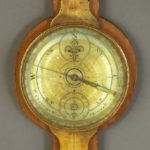
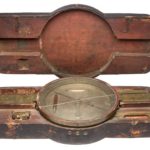

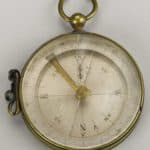
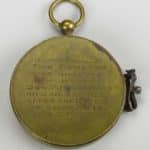

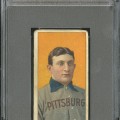

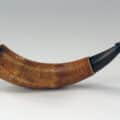
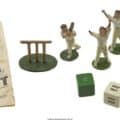

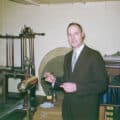


Pingback: Collecting with Jeff: June 2017 - Rjanti Queattic